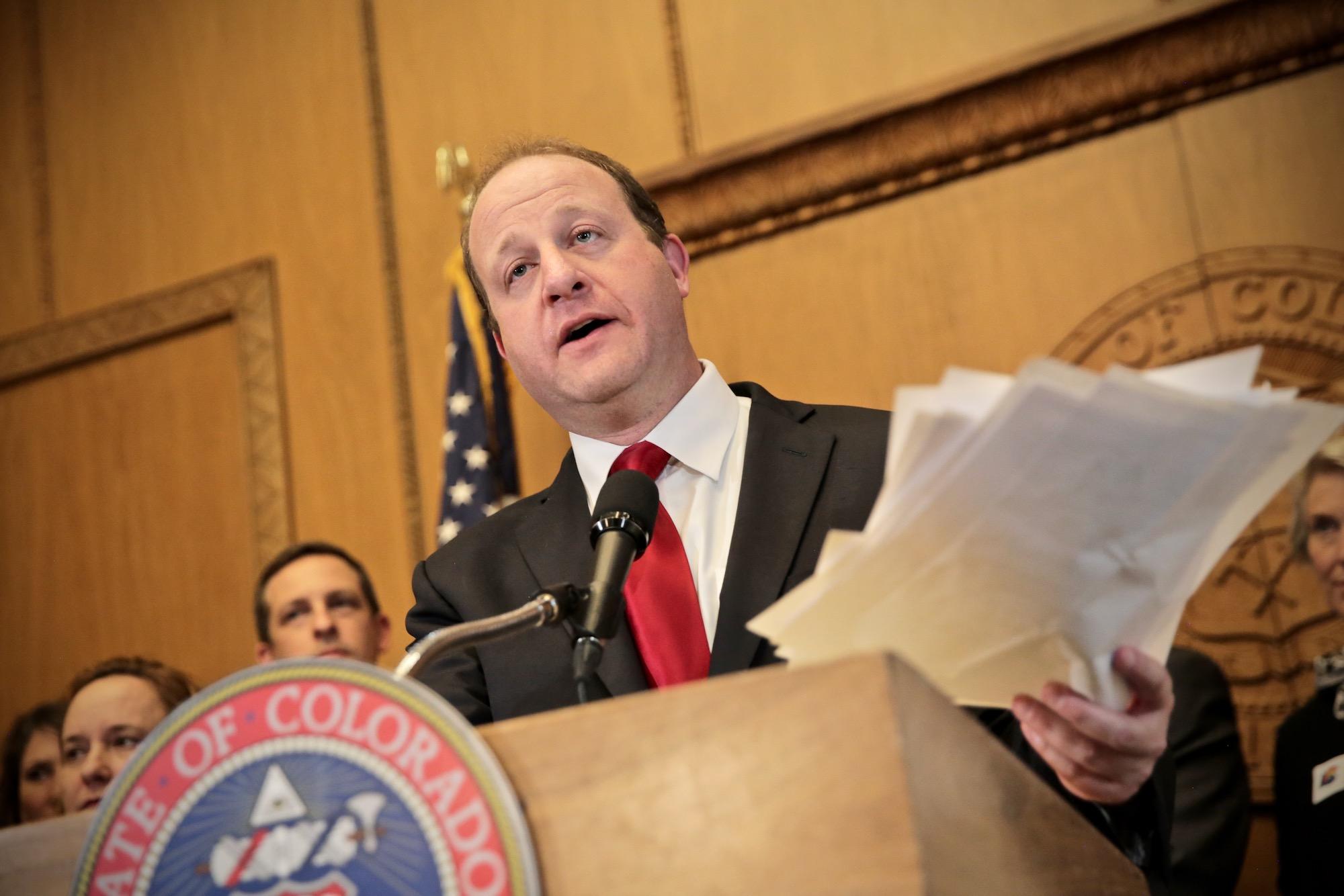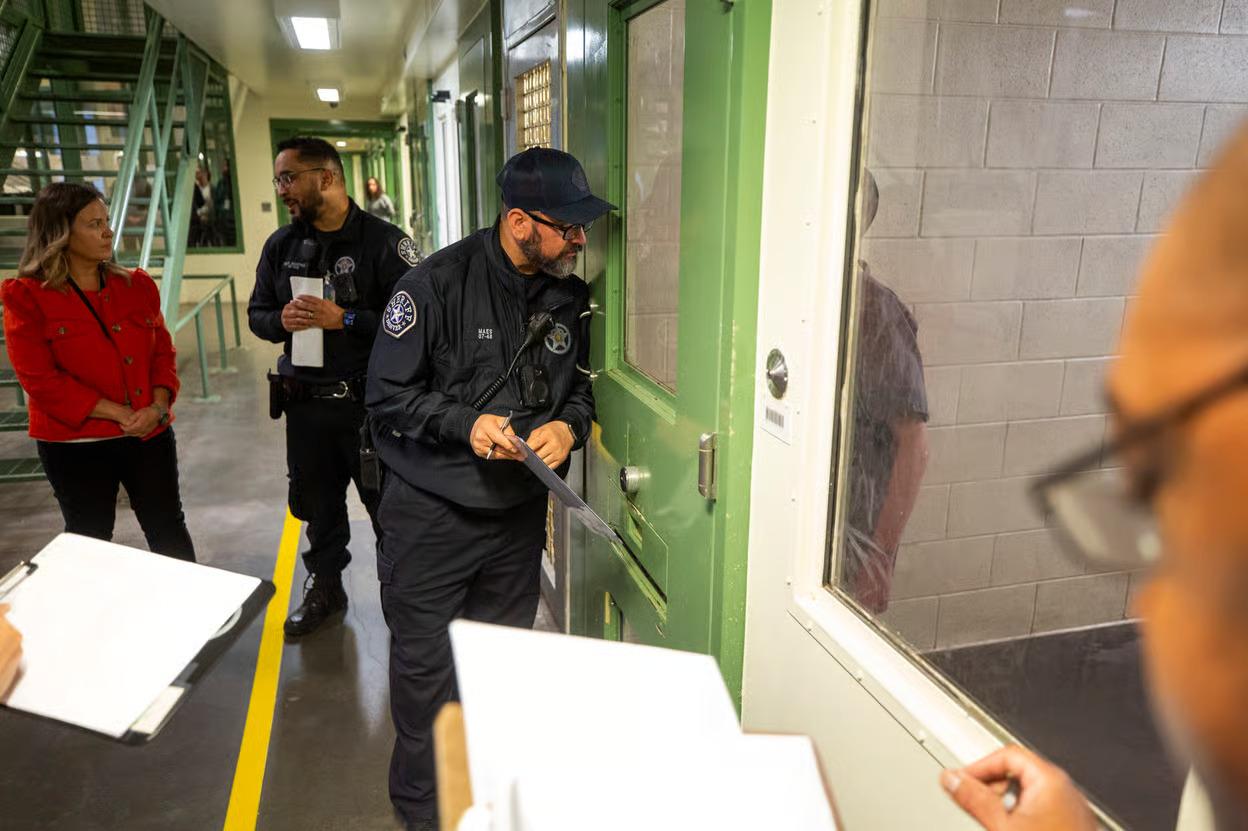

Opponents of a new Colorado oil and gas law that puts public safety ahead of production said Thursday that they will not attempt to overturn it this year, but they may try in 2020.
They had planned to ask voters in November 2019 to repeal and replace the law, but last week the Colorado secretary of state's office rejected four versions of their proposed ballot initiative. State officials said the proposals violated a law requiring initiatives to address only one subject.
John Brackney, a former Arapahoe County commissioner and one of the leaders of the repeal effort, said the group decided not to appeal the secretary of state's ruling and instead will wait to see how the new rules take shape before deciding whether to ask voters to overturn it.
"We opted to give it a little bit of a break," Brackney said, but added, "I think it's likely we will file for 2020."
Previously, the Colorado Oil and Gas Conservation Commission was required to encourage production and make public safety and environmental protection secondary considerations.
In addition to flipping those priorities, the new law gives local governments the power to regulate the location of wells and changes the makeup of the commission to add expertise on safety and the environment.
Well location is a contentious issue in Colorado, especially in booming communities north of Denver, where development overlaps with the state's most productive oil and gas field.
Democratic Gov. Jared Polis signed the law last week, and the Oil and Gas Conservation Commission will begin writing new rules in May. That could take months or years of hearings and painstaking negotiations with the industry and advocates for public safety and the environment.
Brackney predicted at least some cities and counties would overreach by imposing so many new restrictions on drilling that they effectively ban it. He said environmentalists would put so much pressure on local officials to impose de facto bans that they will cave for fear of losing the next election.
The other leader of the repeal effort, Weld County Commissioner Barbara Kirkmeyer, said they will keep close track of how the new rules come together.
In a statement posted on Facebook and emailed to The Associated Press, Kirkmeyer warned Polis and environmentalists against using the law — known as SB 19-181 — to go too far.
"If Polis & Co. use the 181 rulemaking as a hammer to kill Colorado jobs and hurt Colorado families or if extremists hijack 181 and push local bans and moratoriums across the political landscape, we will eagerly make the 2020 election a referendum on his extreme and out of touch energy policy," she wrote.
Brackney acknowledged that if opponents wait until November 2020, the industry may have so much time and money invested in writing the new rules that there will be little appetite for starting over.
"My preference was that we would have gone in 2019, and that's the primary reason," he said.
The Colorado Oil and Gas Association has not taken a position on the repeal effort, but spokesman Scott Prestidge said the group shares Brackney and Kirkmeyer's concerns.
"For now, we're focused on preparing for the multiple statewide rulemakings that are required by SB 181, and ensuring that our members can continue to operate in Colorado," he said in an email.







